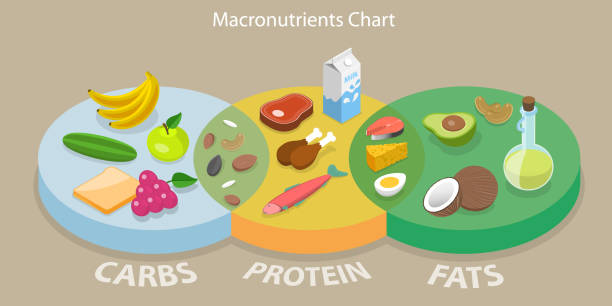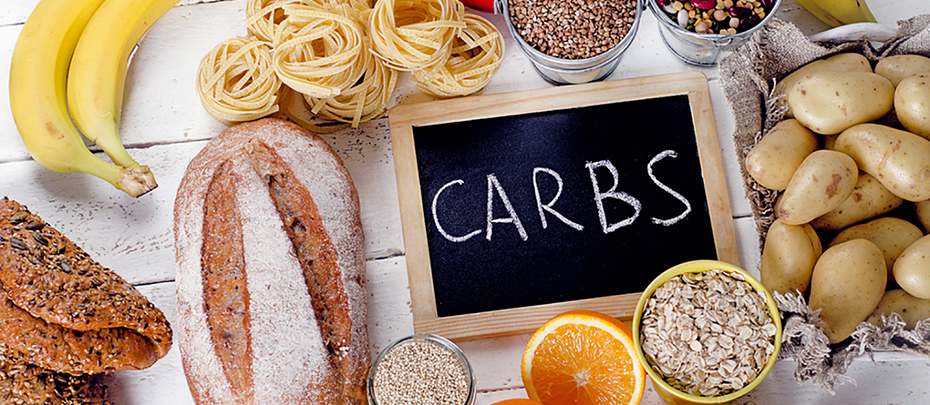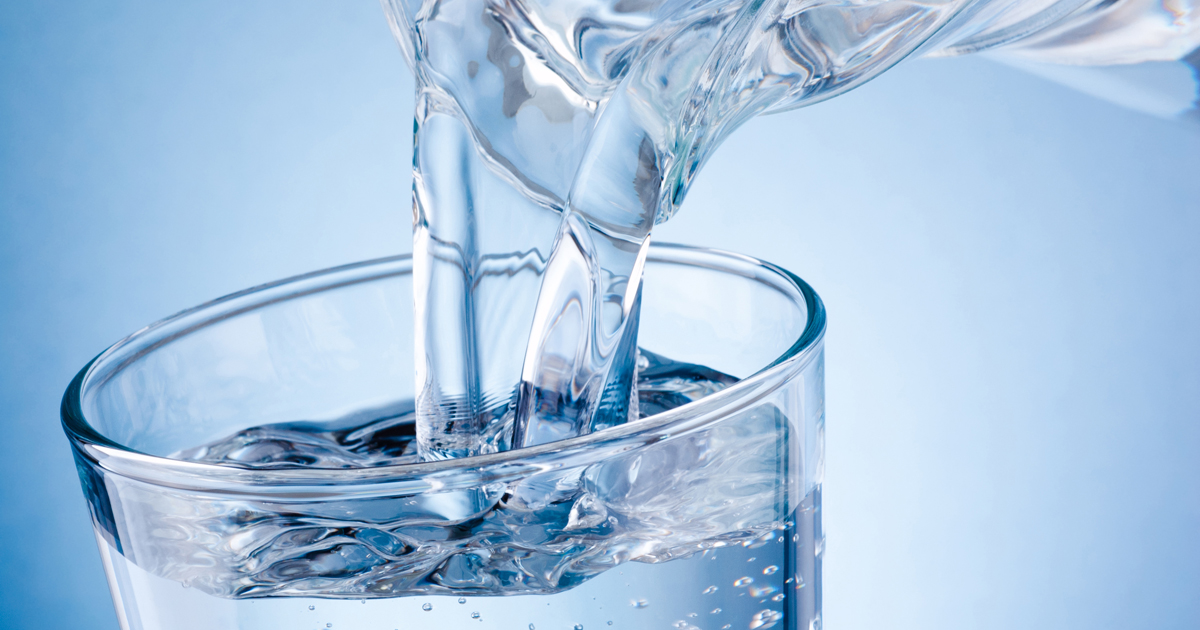Bodybuilding Meal Plan: What To Eat And What To Avoid
Bodybuilding Meal Plan: A Comprehensive Guide
When it comes to bodybuilding, diet is as crucial as lifting weights. A well-structured meal plan can help you build muscle, recover faster, and perform at your best. Here’s a detailed look into a bodybuilding meal plan to guide you on your fitness journey.
Understanding Macronutrients:
Macronutrients are the cornerstone of a bodybuilding diet. They include protein, carbohydrates, and fats, each playing a unique role in muscle building and recovery.
Protein:
Protein is essential for muscle repair and growth. Aim for 1.6 to 2.2 grams of protein per kilogram of body weight. Good sources include chicken, turkey, lean beef, eggs, dairy products, legumes, and tofu.
Carbohydrates:
Carbs are the primary energy source for intense workouts. Focus on complex carbohydrates like whole grains, sweet potatoes, brown rice, oats, and fruits. These provide sustained energy and keep you fueled throughout the day.
Fats:
Healthy fats support hormone production and overall health. Include sources like avocados, nuts, seeds, olive oil, and fatty fish such as salmon in your diet.
Meal Timing and Frequency:
Eating the right foods at the right times can maximize muscle gain and recovery. Plan for 5-6 small meals throughout the day to keep your metabolism active and maintain energy levels.
Sample Bodybuilding Meal Plan
Breakfast:
- Scrambled eggs (4 eggs) with spinach and tomatoes
- Whole grain toast
- A serving of mixed berries
Mid-Morning Snack:
- Greek yogurt with honey and almonds
- An apple
Lunch:
- Grilled chicken breast
- Quinoa salad with mixed vegetables and olive oil dressing
Afternoon Snack:
- Protein shake with a banana and peanut butter
Dinner:
- Baked salmon
- Sweet potato
- Steamed broccoli
Evening Snack:
- Cottage cheese with a handful of walnuts
Hydration:
Staying hydrated is vital. Aim for at least 3-4 liters of water per day. Proper hydration aids in digestion, nutrient absorption, and overall muscle function.
Supplements:
While whole foods should be your primary source of nutrients, supplements can support your diet. Common supplements include:
- Whey protein: Convenient for post-workout recovery.
- Creatine: Enhances strength and muscle mass.
- BCAAs: Help reduce muscle soreness and improve recovery.
Tips for Success:
1. Consistency is Key: Stick to your meal plan to see long-term results.
2. Monitor Progress: Adjust your diet based on how your body responds.
3. Listen to Your Body: Ensure you’re getting enough rest and recovery.
4. Stay Educated: Keep learning about nutrition and how it affects your body.
Conclusion:
A well-planned bodybuilding diet is essential for achieving your fitness goals. Focus on balanced meals rich in protein, carbohydrates, and healthy fats. Stay consistent, monitor your progress, and adjust as needed. Remember, what you eat can significantly impact your performance and results in the gym. By following this comprehensive meal plan, you’ll be well on your way to building a stronger, healthier body.
FAQs
1. How much protein do I need for bodybuilding?
- Aim for 1.6 to 2.2 grams of protein per kilogram of body weight.
2. Can I eat carbs while bodybuilding?
- Yes, carbohydrates are essential for energy. Focus on complex carbs like whole grains and sweet potatoes.
3. What are some good sources of healthy fats?
- Avocados, nuts, seeds, olive oil, and fatty fish like salmon are excellent sources.
4. How often should I eat?
- Aim for 5-6 small meals throughout the day to maintain energy levels.
5. Do I need supplements?
- Supplements can support your diet, but whole foods should be your primary source of nutrients. Common supplements include whey protein, creatine, and BCAAs.
By following these guidelines and adjusting based on your personal needs and progress, you'll be well-equipped to succeed in your bodybuilding journey.








Comments
Post a Comment